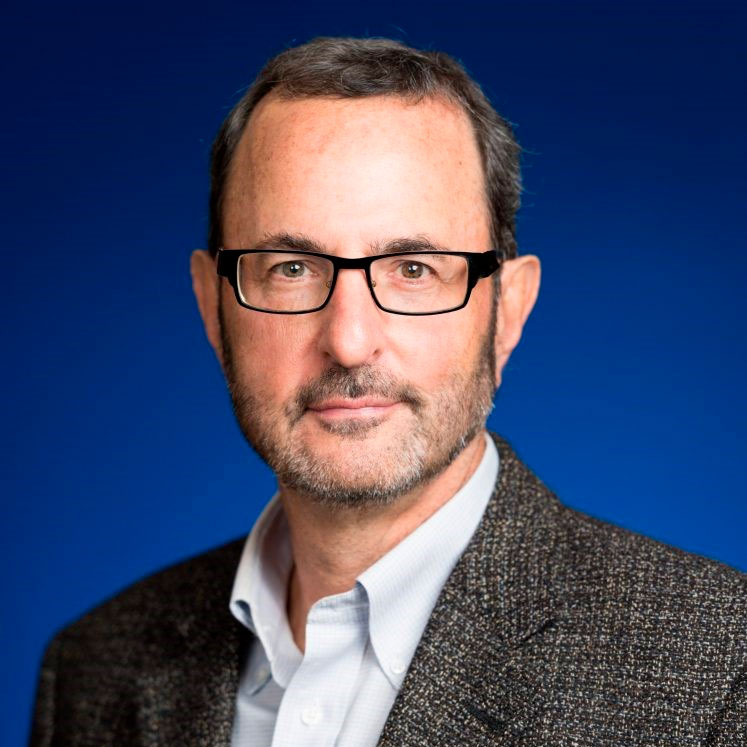
Incorporating genetic risk evaluation after diagnosis of cancer: From promise to practice
Steven Katz
University of Michigan – School of Public Health
04/12/2023
12:00-13:00
Sala Blava (Edici Jardí) del Duran i Reynals
Abstract
Presentació del dr Steven Katz, professor de la Universitat de Michigan del Departament Medicine and health Management and Policy.
This activity has been funded by the Scientific Foundation of the Spanish Association Against Cancer through the GCTRA18022MORE project and the TRNSC213877MORE project (TRANSCAN-3 JTC2021 program). With the institutional support of CERCA Programme/Generalitat de Catalunya.
It is also co-financed within the framework of Op4 of the PECT 4locaLHealth (PRE/161/2019), the RIS3CAT strategy and the FEDER Catalunya 2014-2020 Operational Program.
Short Bio
Tectonic advances in precision oncology hold the promise of markedly improving the experience and outcomes of patients diagnosed with cancer. This motivates a pressing need to understand how these advances are translated into practice to improve human health. I study how treatment decisions are made between patients newly diagnosed with cancer and their clinicians. My research pinpoints the factors that drive patient treatment decisions and outcomes. I also study the factors that influence clinician recommendations and how clinicians navigate the decision-making and communication process. Most recently, I have pivoted to focus on how advances in genetic risk evaluation and management of patients and their families are put into practice. My research has advanced methodologies in population and health systems research. I also develop and evaluate interventions to improve decision-making and accelerate the pace of adoption of advances in precision oncology into practice. I lead the Cancer Surveillance and Outcomes Research Team. The Cancer Surveillance and Outcomes Research Team (CanSORT) centered at the University of Michigan generates pace-setting research in communication, decision-making, and quality of care for patients with cancer. The goal of this research is to improve the patient experience and maximize health outcomes of treatment and care support into survivorship. The key to the fountain of youth is life-long learning. I am grateful to colleagues, staff, and the patients and clinicians who participate in our research for the opportunity to stay young.
